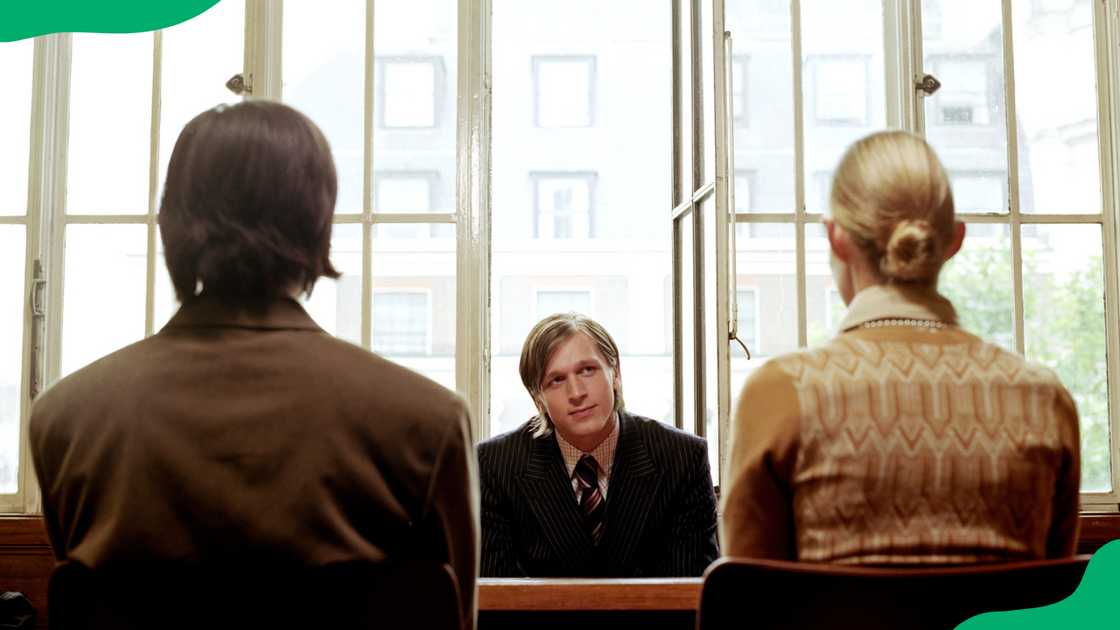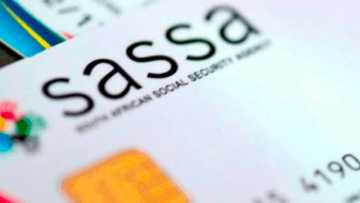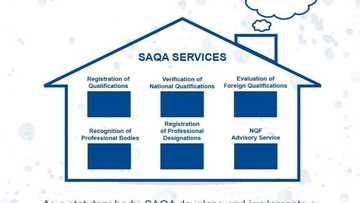5 roles and responsibilities of the CCMA in South Africa
The CCMA, short for the Commission for Conciliation, Mediation and Arbitration, is an entity that aims to ensure a pleasant working environment for all individuals working at their respective companies. What is the CCMA in South Africa? This article discusses the organisation's functions and other essential details.

Source: Getty Images
TABLE OF CONTENTS
- 5 roles and responsibilities of the CCMA
- 1. Soothe workplace disputes
- 2. Adjudicate specific categories of disputes that remain unresolved after conciliation
- 3. Facilitate the establishment of workplace forums and statutory councils
- 4. Consider applications for accreditation and subsidy of bargaining councils and private agencies
- 5. Establish picketing rules regarding protected strikes and lookouts
- Examples of the roles and responsibilities of the CCMA
- Other facts
- What is the main role of the CCMA?
- What is Rule 6 of the CCMA rules?
- Contact details
The CCMA meaning in business is that its central premise is to help facilitate a peaceful, fair working environment. It does so through its various roles and responsibilities that protect individuals and organisations.
How can the CCMA help you? Here are the ways that the entity can assist companies and its employees, along with other essential information on the CCMA, including definitions, roles, and contact details.
5 roles and responsibilities of the CCMA
Some central functions define the CCMA's role in business. What are the responsibilities of the CCMA? The CCMA's website highlights the following main roles and responsibilities of the CCMA, in no particular order:
1. Soothe workplace disputes

Source: Getty Images
One of the main functions of the CCMA is to settle workplace disputes or tensions. A commissioner will determine the best way to settle the relevant dispute, including mediation or facilitation. If the commissioner does not resolve the issue within 30 days, it is referred directly to the CCMA.
2. Adjudicate specific categories of disputes that remain unresolved after conciliation

Source: Getty Images
Should the dispute not be resolved, the issue is escalated further through the CMMA processes. According to the Fair Work Commission, these processes include a conference or formal hearing where both parties must prepare their evidence so the commission member can make a final decision based on the provided information.
3. Facilitate the establishment of workplace forums and statutory councils

Source: Getty Images
Another purpose of the CCMA is to create the required mediums to provide effective conflict resolution procedures for employers and employees. The CCMA is also expected to compile and publish information and statistics about its activities for transparency.
4. Consider applications for accreditation and subsidy of bargaining councils and private agencies

Source: Getty Images
Since the CCMA is an authority figure in the industry, the public entity must consider all applications from other entities, including bargaining councils and private organisations. The CCMA's accreditation makes the applying party a private dispute resolution agency.
5. Establish picketing rules regarding protected strikes and lookouts

Source: Getty Images
The public entity's services also include creating guidelines regarding how to strike responsibly and lobby for requested changes. The goal is to outline the rules and regulations that ensure a safe demonstration for all parties involved.
Apart from the main functions, the organisation also provides the following discretionary functions:
- Supervises ballots for unions and employer organisations.
- Offers training on all aspects of employment law.
- Advising any relevant party about the relevant conflict resolution dispute procedures.
- Offering to help resolve a dispute not officially referred to the CCMA.
- Creating rules on the relevant procedures and practices.
- Publishing guidelines on all aspects of the LRA.
The South African Government reports that the CCMA is a public entity under the national government's social services. The CCMA also reviews all rules regarding the above section at least every second year and administers the Essential Services Committee.
Examples of the roles and responsibilities of the CCMA
Knowing the main functions and roles of the organisation, how does the CCMA assist the employer and employee in resolving conflict? An example of the role of the CCMA would be a former employee who feels they were unfairly dismissed. The entity reviews all information and makes an informed decision.
Other facts
Knowing the public entity's main functions gives employers or employees a better understanding of the procedures and what is expected from all parties. It also provides helpful information about the CCMA processes and inner workings.

Source: Getty Images
What is the main role of the CCMA?
The CCMA process for settling disputes is considered the organisation's leading role. The functions following settling workplace disputes are an extension of the conflict resolution process and include other extra tasks regarding keeping a peaceful working environment.
What is Rule 6 of the CCMA rules?
The CCMA highlights its rules in a PDF document, which mentions 38 CCMA rules to consider during the process. The sixth rule, which discusses proving a document was served, is particularly interesting.
The organisation mentions that an individual must prove to the CCMA or commissioner that the document was given through a registered mail or fax slip, an email report, or a copy signed and dated by the other party. Alternatively, an affidavit stating you served the document to the other party.
Contact details
There are various CCMA branches you can contact, depending on your location. However, the CCMA address and contact details for their national head office head office are as follows:
- Address: 28 Harrison Street, Johannesburg, 2001.
- CCMA Phone number: 086 116 1616
- CCMA WhatsApp number: 76 723 7983
- Email: info@ccma.org.za
- Fax: (011) 834-7351
The 5 roles and responsibilities of the CCMA in South Africa protect all parties involved in any disputes that could interrupt workflow or the company's overall morale. Understanding the public entity's roles and responsibilities helps employers and employees keep a peaceful working environment with the necessary conflict resolution tools.
DISCLAIMER: This article is not sponsored by any third party. It is intended for general informational purposes only and does not address individual circumstances. It is not a substitute for professional advice or help and should not be relied on to make decisions. Any action you take based on the information presented in this article is strictly at your own risk and responsibility!
READ ALSO: How much is a police clearance in South Africa? Latest fees and application process
Police clearance is necessary when applying for a job in specific industries or when wanting to travel and work abroad. Briefly.co.za wrote an article discussing what you can expect regarding associated fees.
How much is a police clearance in South Africa? This article discusses all of the latest fees and the application process.
Source: Briefly News






